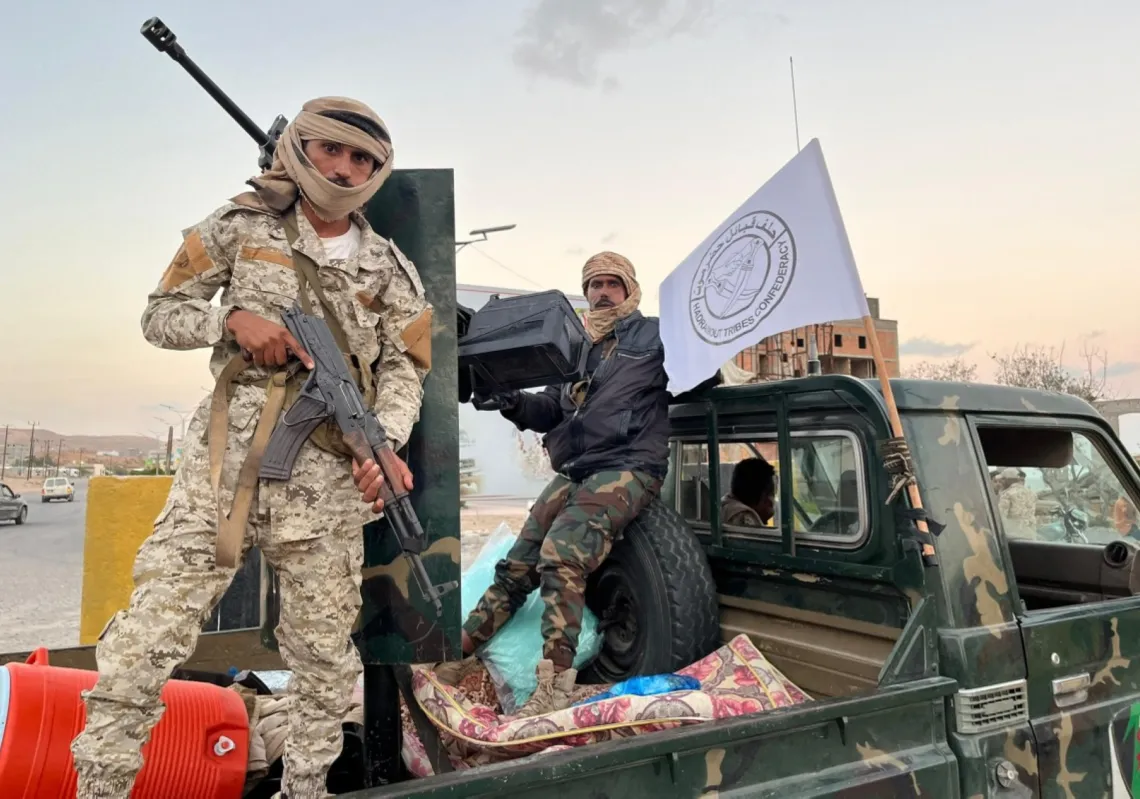It is hard to win a war no one remembers you are fighting. With more than 100,000 U.S. troops in Iraq, the United States is clearly fighting a war, or at the very least supporting a government that is fighting its own war. But if you read American newspapers or watch American television, the war has disappeared. The only news that filters out is a mass casualty bombing, or an announcement from the prime minister.
The fault does not only lie with the U.S. media. Foreign reporters have come to agree with their Western counterparts that the struggle for control over Iraq is too hard to understand, too complicated to explain, and too expensive and too dangerous to cover. It is remarkably rare for any foreign news organization to cover the lives of ordinary Iraqis or the power struggles underway throughout the country.
It was not always so. In 2003, with the U.S.-led invasion of Iraq, journalists crowded in any way they could. In 2003-2004, many news outlets had a team of reporters in Iraq, with some tied to the official news emanating from the “Green Zone” in Baghdad, others embedded with U.S. troops, and still others roaming throughout the countryside. The airwaves and newspapers were full of information, desperately trying to explain a complicated situation to a concerned public. While some reporters got things wrong and others never escaped the bubble of military supervision, there was never a question that this was an important story, even if covering it cost news organizations millions.
Today, the public has tired of Iraq, or more accurately, given up hope that the problems of the country will ever be solved. Six and a half years of violence have taken a toll on the patience and attention of a world that seeks to move on. It was probably the bombing of the Golden Mosque in Samarra that was the final straw for many. Iraq’s descent into sectarian strife fueled a belief in much of the world that Iraq’s problems were not those of a contemporary society recovering from a decades-long dictatorship, but rather the ancient rivalries of a violent society that never quite managed to be modern.
At the same time, the finances of the news business have shifted radically, as advertising has plummeted and fee-based distribution channels lose subscribers in droves. Maintaining a serious presence in Baghdad means not only covering reporters’ salaries, but significant additional expenses in security guards, armored cars and all manner of fixers, translators and stringers who knew their way around the country. It is a multi-million dollar expense on behalf of a public that is increasingly satisfied with the occasional headline from Yahoo news. Not only has organizing a multi-day reporting trip to Basra or Mosul become an expense few could afford; being in Iraq at all has become an unaffordable luxury for cash-strapped news organizations.
The problem with this turn of events is that the United States still maintains a massive troop presence in the country, and decisions being made now have a profound effect on the future of the country, regional security, and U.S. interests. While the stakes for Iraq have grown larger, the quantity of quality information that the outside world enjoys is much smaller.
The constant drumbeat of reporting on bombings and political dysfunction feeds itself. Outsiders become more convinced that there is nothing to Iraq but bombings and political dysfunction, and news organizations cut back their coverage even further. The reporting also has the effect of persuading many that the security situation remains extraordinarily dangerous, thereby raising the cost of coverage and undermining public support for continued security assistance to the Iraqis. Without public support, the troop presence decreases, and news organizations are even more reluctant to give time, space and energy to covering the story. It all becomes a cycle, the logical conclusion of which is the end of news coverage out of Iraq.
One might argue that six and a half years into efforts to mold Iraq’s future, the Iraqis have earned the right to be left alone. One could see the world’s disinterest, abetted by the withdrawal of news organizations, as a good thing.
Yet, the fact is that the Iraqis are not being left alone. Foreign governments – and not only the U.S. government – continue to try to influence Iraqi politics to serve their interests and those of their clients. Weapons continue to flow in, but so does cash, training, and supplies. The battle for Iraq goes on, it just goes on in the shadows.
Jon Alterman - Director and Senior Fellow of the Middle East Program at Centre for Strategic and International Studies, Washington DC








